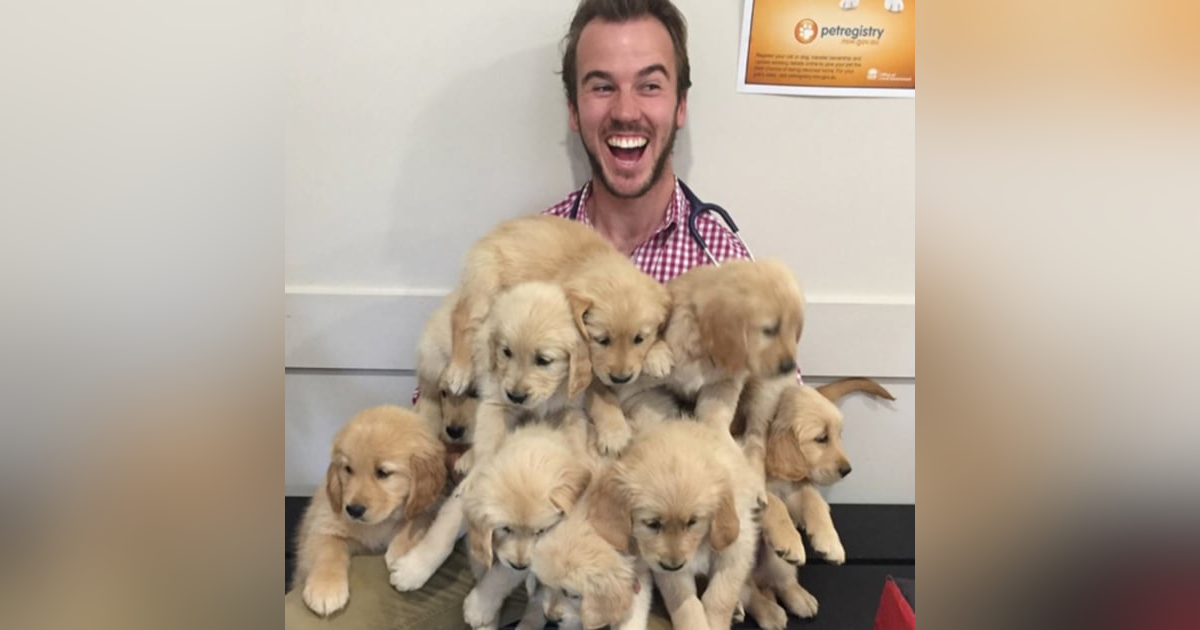#31: Are you ready for practice ownership? With Dr. Zach Lederhose.

In this episode of our business and leadership series with Dr. Shibly we speak to Dr. Zach Lederhose. Zach was about 2 years out of university and just 26 years old when he took the plunge into practice ownership. Ownership is a long term goal for many vets, but most of us feel that we need a certain level of age or expertise before we can even begin to consider it. But is that necessarily true? In our conversation we cover career progression, plateaus, pivots, and taking the road less travelled. Zac talks us through his decision making process leading to him buying the practice, and talks us through some of the challenges he’s faced. He gives advice on how to prepare yourself for a leadership role and how to prepare your new team for change. We talk about making ‘good’ mistakes, creating your ‘inner circle and how to put processes in place to guard against burnout. And if you’re already a business owner or a more seasoned vet - don’t be fooled by Zac’s age: this episode offers some sound business principles.






